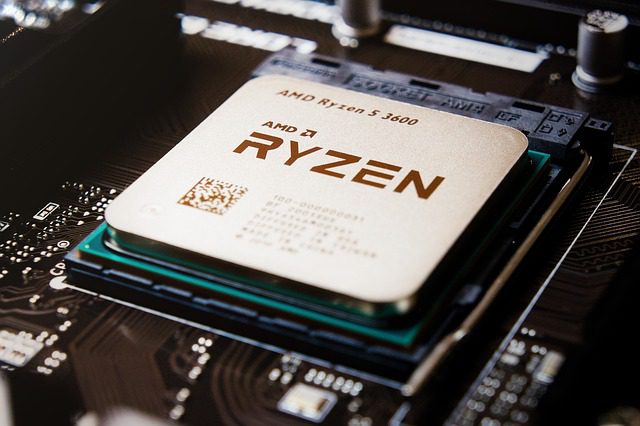
A high-severity vulnerability, identified as CVE-2022-23829 (CVSS 8.2), has been discovered in various AMD processors, potentially impacting millions of devices worldwide. The flaw allows malicious actors with kernel-level access to bypass native system protections, paving the way for arbitrary code execution.

Overview of the Vulnerability
The Serial Peripheral Interface (SPI) Lock is a fundamental security mechanism within AMD processors. It safeguards critical system firmware from unauthorized modifications. If exploited, this vulnerability could grant attackers complete control over the affected system, leading to data breaches, ransomware attacks, and even the installation of persistent malware.
The Scope of the Issue
The vulnerability affects a wide range of AMD processors, including:
- Client: Ryzen Threadripper PRO, Ryzen 3000, 4000, 5000, 6000, and 7000 series, as well as select Athlon processors.
- Server: 1st, 2nd, and 3rd Gen AMD EPYC processors.
- Embedded: AMD EPYC Embedded and Ryzen Embedded series.
This means that desktops, laptops, workstations, and servers could all be at risk.
Mitigation and Response
AMD has acknowledged the vulnerability and is working with Original Equipment Manufacturers (OEMs) to release BIOS updates that address the issue. Users must check with their device manufacturers for the latest BIOS updates and install them as soon as possible.
The discovery of CVE-2022-23829 is credited to Oracle, with internal security researchers Hugo Magalhaes and Volodymyr Pikhur playing key roles in identifying the vulnerability.
What You Should Do
- Identify: Determine if your device is equipped with an affected AMD processor.
- Update: Check with your device manufacturer or motherboard vendor for the latest BIOS updates.
- Install: Apply the BIOS updates promptly and follow any additional security recommendations.